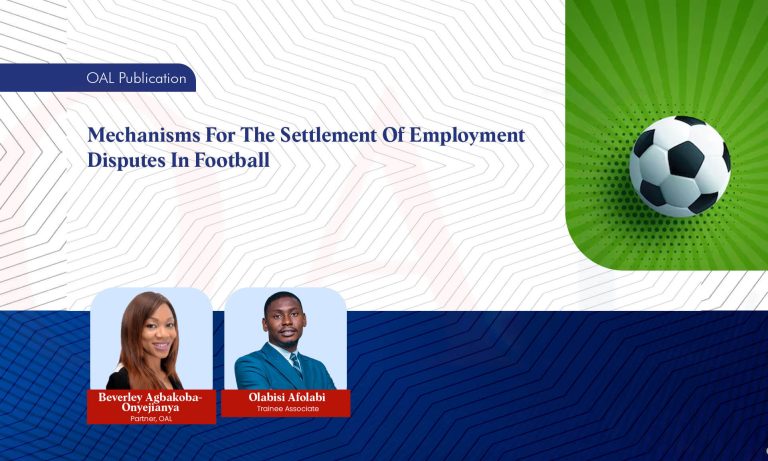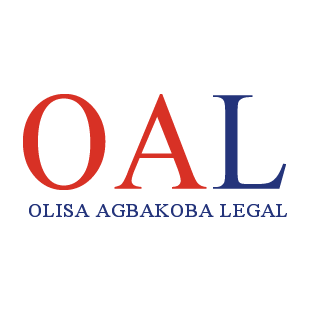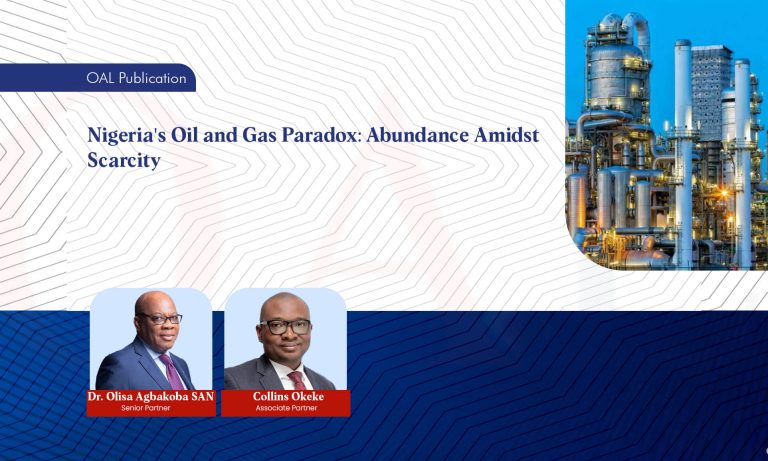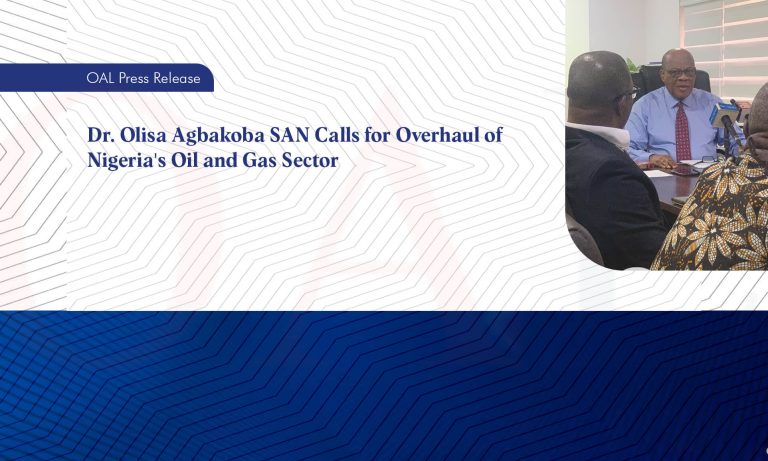
Deepfakes in Nigeria: Protection and Legal Framework against Deepfake Attacks in Nigeria

The Federal Government recently raised alarm over the use of “deepfake news to target the Nigeria government and its officials. According to the report, fake news has gotten worse by becoming a tool for critics to target the government, and Nigerians ought to know that we have graduated from normal fake news to “deepfake news”.
The threat of deepfake news is that it is difficult to distinguish fake news from genuine news, since creators of deepfake news would take a story, either a video or a photo and make it look genuine. They will take recordings of what is happening in other countries, mutate them and massively circulate them as what is truly happening in Nigeria.
Deepfakes are one of the most rapidly changing technologies available today and they refer to artificial intelligence (AI)-generated synthesized and/or overlaid images and videos utilizing existing photos and videos for deception purposes.
Deepfake technology has seen a dramatic growth in popularity as the underlying AI technology has advanced. Deeptrace, a security company, projected that the number of deepfake videos online has risen to around 15,000 in 2019 alone – and continues to grow dramatically. Deepfakes are extremely convincing—they successfully lead people to believe that someone did or said something that never occurred.
As the usage of deepfakes grow, organizations should prepare for the new threats posed by this technology, as well as new regulatory changes that may be implemented in reaction. in some countries. Most people identify deepfakes with disinformation—and their usage to impersonate politicians or celebrities may pose a significant risk to people’s reputations.
Deepfakes are a growing cybersecurity threat, and as technology develops, businesses will increasingly need to protect themselves.
What is the Use of Deepfakes?
A deepfake is an attempt to deceive viewers by displaying fake or manipulated content. To disseminate misinformation or carry out other nefarious activities, its creator wants you to believe information that is not true.
What is the point? Special effects and animations in films have both benefited from the use of this technology. Nevertheless, deepfake technology is now in use for malicious objectives.
- Defrauds and hoaxes.
- Pornography involving well-known people.
- Election fraud.
- using social engineering to manipulate others.
- Automated Disinformation
- Theft of personal information, as well as financial fraud.
Deepfakes Attack Poses Risk to Individuals and Businesses
Deepfakes pose a threat in a variety of areas, including cybersecurity, political elections, personal finances, corporate reputations, and more. Scams against individuals and companies, especially those conducted on social media, can take advantage of this bad intent and misuse.
Social media posts that are backed up with persuasive manipulation have the ability to mislead and inflame the internet-connected populace. Deepfakes supply the media that makes fake news appear to be true.
Businesses are frequently the first targets of deepfake attackers. The deepfake content may be used in a “newly defined cyber-attack vector” known as Business Identity Compromise (BIC). Through a BIC, the deepfake technologies are used to create “synthetic corporate personas” or impersonate current employees, causing “quite serious financial and reputational impacts to victim businesses and organizations.”
Businesses are concerned about a variety of scams involving deepfake technology, including:
- Supercharging scams, in which deepfake audio is used to make the caller appear to be a higher-up, such as a CEO requesting money from an employee.
- Identity theft where deepfake technology is used to perform crimes such as financial fraud.
The most visible and probably most concerning risk that this technology poses to businesses is its potential to aid criminals in fraudulent activity. The ability to look and sound like anyone, including those authorized to approve company payments, enables fraudsters to exploit weak internal controls and collect potentially enormous sums of money.
Legal Framework against Deepfake Attacks in Nigeria
It is crucial to highlight that there is currently no particular legal restriction on the creation of deepfakes in Nigeria. The only constraints on the type of content that individuals may create using technology are those imposed by anti-fraud legislation, as well as safeguards against harassment, defamation, and copyright infringement, as well as data protection regulations.
This might complicate the process of seeking redress after suffering damage as a consequence of deceit caused by deepfakes, unlike with China’s and some US states’ policies, which have criminalized the use of deepfakes in specific instances. Meanwhile, the use of deepfakes for cybercriminal activities in Nigeria has raised global concerns about consumer data protection.
The “Cybercrimes (Prohibition and Prevention) Act, 2015” which seems to have a substantial influence on Nigeria’s cyber laws, establishes a comprehensive legal, regulatory, and institutional framework for the prevention, detection, prosecution, and punishment of cybercrime in Nigeria.
Additionally, the Act promotes cybersecurity and the protection of computer systems and networks, electronic communications, data and computer programs, intellectual property, and privacy rights, as well as the protection of critical national information infrastructure.
Protection against Deepfakes Attacks on Businesses
AI-driven technology is expected to be the most effective approach to identify deepfakes since machine learning algorithms can detect minor abnormalities and anomalies that humans can’t. But to reduce the risk of falling prey to deepfake-based frauds, businesses have to introduce training to staff and explain the threats posed by deepfakes and how they may be recognized to employees, particularly those working in positions relating to the payment of funds; and Increase the rigor with which payment authorizations are approved.
These are some important steps you can take to safeguard your business from deepfakes:
- Inform the board, the senior management team, and your staff of the dangers of deepfakes.
- Train users to recognize and report attempts at social engineering, spear-phishing, and other unusual activity.
- Don’t trust anyone you meet online. Find many independent sources to confirm the person’s identification.
- Provide no personal or sensitive corporate information to anyone without confirmation from a legitimate second source.
- Establish continuity strategies for when the company is the victim of a successful assault.
Deepfakes will become much more common in the future. We have skilled and experienced cyber lawyers at Olisa Agbakoba Legal (OAL) who can provide legal support and advice in cases involving cybercrime and cyber security.
Our Cyber lawyers handle cybercrime cases that involve individuals, organizations, or the government, as well as cases involving e-commerce, e-contracts and digital signatures, intellectual property rights, cybersecurity, and other topics. They collaborate with stakeholders to protect against today’s threats and to develop more secure and resilient infrastructure for the future.
Our Cyber Security Lawyers among other things, negotiate complex technology agreements, provide daily operational support to the agency’s hunt, incident response, and vulnerability management divisions, advocate for the agency’s positions in litigation, draft and negotiate legislation, and respond to audits and investigations.
Please do not hesitate to contact OAL’s Cyber Lawyers if you have any questions about internet technologies or cybercrimes in Nigeria.
Written By:
Josephine Uba
Lead Digital Strategist, OAL.
Author



